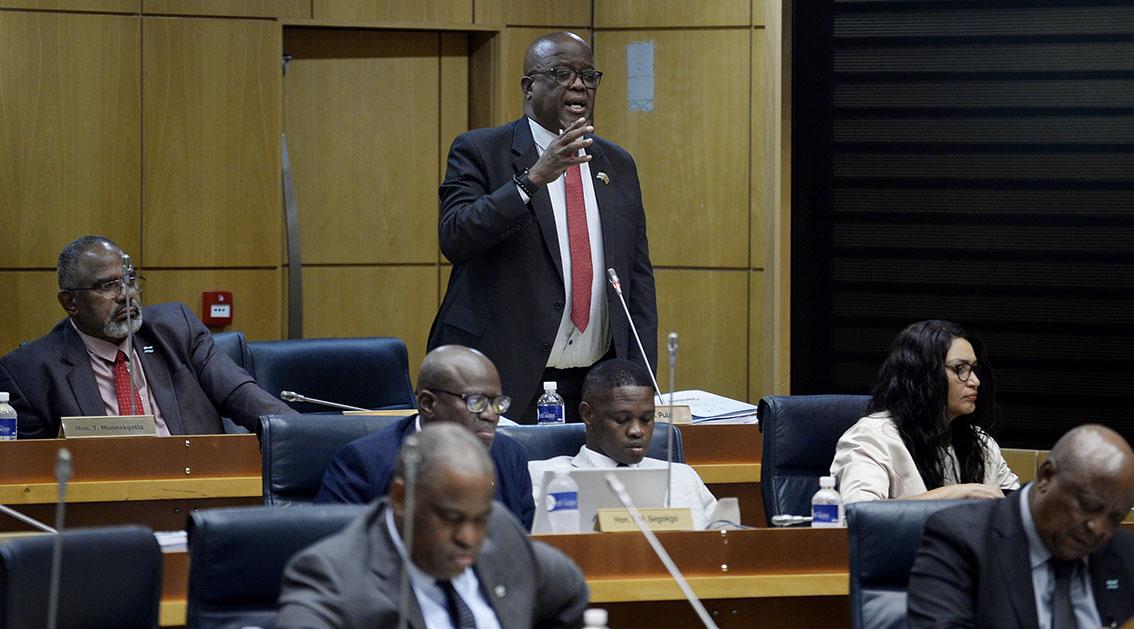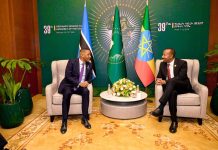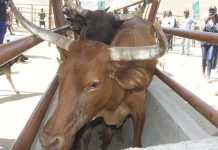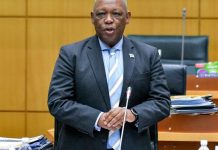Africa-Press – Botswana. Botswana has approximately 140 000 elephants, Assistant Minister of Local Government and Rural Development, Mr Mabuse Pule has informed Parliament.
Mr Pule, who was responding to a question on behalf of Minister of Environment and Tourism in Parliament on Friday, explained that the issue of holding capacity for Botswana had not been scientifically agreed due to factors including the fluid geographic range of elephants as well as changes in rainfall patterns.
He said Botswana, alongside other Kavango Zambezi Transfrontier Conversation Area (KAZA-TfCA) member states; Angola, Namibia, Zambia and Zimbabwe had, from August to November last year, undertaken a coordinated and synchronised KAZA-wide aerial survey to estimate the population of elephants within the KAZA landscape.
“Data processing is on-going and the results are to be released by June this year,” he said.
He added that the ministry had since adopted an adaptive management response to elephant issues at specific localities and interventions were taken to manage the negative impacts of elephant populations on communities.
“In this regard, some parts of the country with large elephants herd have had detrimental effect on the range ecology. These negative impacts on both humans and rangelands, are most pronounced, in Chobe, Okavango, North West, North East, Tutume, Boteti and Bobirwa districts,” he said.
Furthermore, he said government had re-introduced hunting in 2019 thus it was premature to make any conclusions about the impact of hunting on human elephant conflict.
“Hunting was not meant to only curb human wildlife conflict but also allow communities living within the elephant range area to benefit from the sale of wildlife quotas,” he added.
He said the ministry was in the process of amending the compensation rates for both commercial and subsistence farming since it had been established that compensations were low than the market value.
To further prevent the human wildlife conflict, the ministry through Conservation Trust Fund (CTF) is providing support for cluster farmers to fence their fields with electric fences such as for Karakatea in Mosu as well as provision of financial support to Matsiloje and Matopi VDC cluster fencing projects, he added.
Nkange MP, Dr Never Tshabang had asked for an update on the current and future management plans of Botswana elephants as well as remedies to the increasing human-elephant conflict.
Dr Tshabang also wanted to know if the ministry had plans to improve the current compensation rates which he said were low and not commensurate with damages caused by wildlife, particularly elephants.
For More News And Analysis About Botswana Follow Africa-Press






